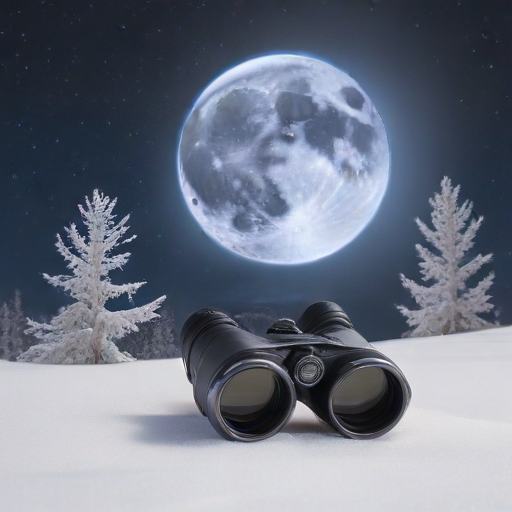This weekend, the final full moon of 2024, known as the December Cold Moon, will grace the night sky, offering a beautiful spectacle just in time to usher in the holiday season. The full moon will rise early in the morning on Saturday, December 14, and will remain visible all night until it sets with the sunrise on Sunday, December 15. Its position will be in the Taurus constellation, near the Bull’s horns, with the bright planet Jupiter nearby.
The December full moon coincides with the peak of the Geminid meteor shower, which is expected to be most active on the night of December 13. While the moonlight might hinder the visibility of some meteors, there is still hope for skywatchers to catch sight of a few bright “shooting stars” if they bundle up and show some patience.
The exact moment of this full moon occurs at 4:02 a.m. EST (0902 GMT) on December 15. Observers will note that the moon will already look nearly full—at 97.9% illumination—starting from the night of December 13. It will continue to shine brightly for a couple of days after its peak.
In addition to Jupiter, the December night sky will feature bright Venus as an “evening star” in the southwest and Saturn high in the Aquarius constellation after the moon rises. Mars will also make an appearance a few hours later, positioned above Gemini.
The term “Cold Moon” derives from the typically long and chilly nights in December. It has several other names across different cultures, such as the Oak Moon from Celtic traditions, the Snow Moon in Cherokee traditions, and the Long Night Moon from the Mohican people.
For those interested in capturing the beauty of the full moon, they can refer to provided guides for photographing the moon and recommended equipment for astrophotography.
This event presents a wonderful opportunity for people to embrace the beauty of nature and the cosmos as we close out the year. Gathering friends and family for a night of skywatching can enhance the communal spirit of the holiday season.
In summary, December’s Cold Moon, accompanied by celestial neighbors like Jupiter and the Geminid meteor shower, invites everyone to savor an awe-inspiring experience in the tranquility of a winter’s night.
